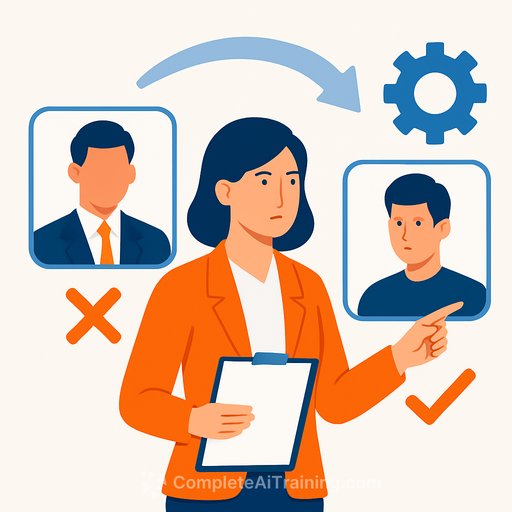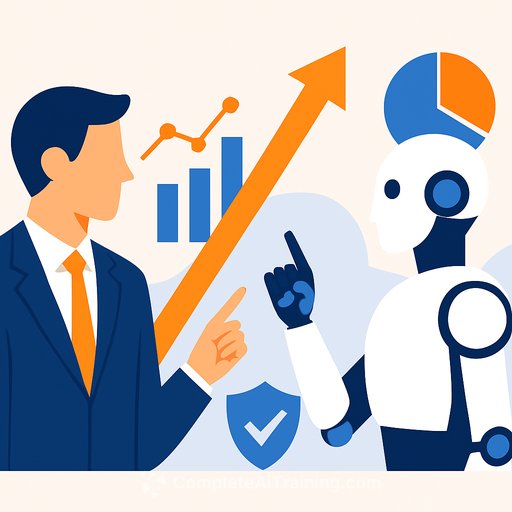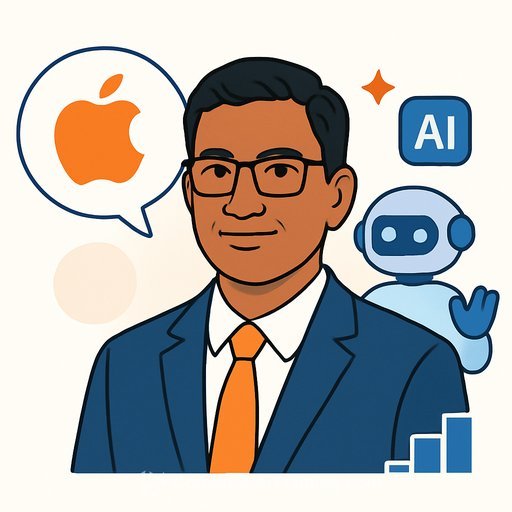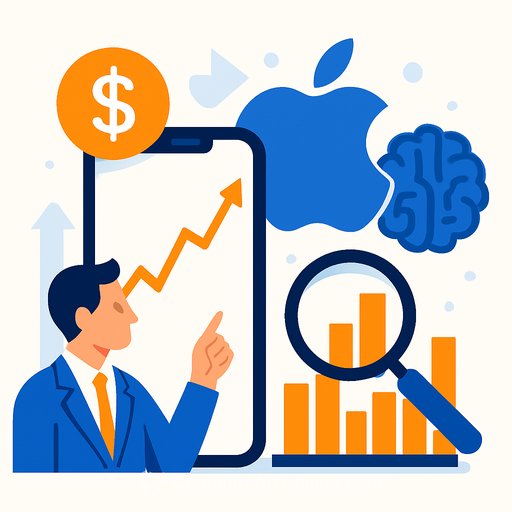Hire for Adaptability: Scale AI's Jason Droege on the Three Traits That Predict Impact
October 10, 2025 - On a new episode of Lenny's Podcast, Scale AI's interim CEO Jason Droege broke down his hiring playbook into three traits that cut across roles and functions. His filter: curious problem solvers, humble collaborators, and effective leaders.
Droege stepped in as interim CEO in June 2025 after cofounder Alexandr Wang left to join Meta's Superintelligence Labs. Scale AI partners with companies like Meta, OpenAI, and xAI on tasks that include rewriting chatbot responses, which puts a premium on execution speed and learning velocity.
The Three Traits Droege Hires For
- Curious problem solver: Candidates must demonstrate how they ask questions, form hypotheses, and communicate their thought process out loud. Curiosity should be visible in how they investigate ambiguity.
- Humble collaborator: Build an "organism of strengths" and reduce friction. Droege used this approach assembling the Uber Eats leadership team-optimize for complementary skills and low ego.
- Effective leader: People who set direction, create clarity, and raise performance-even without perfect information or formal authority.
Adaptability Over Direct Experience
Droege is explicit: experience isn't always one-to-one relevant because conditions shift fast. Adaptable people who embody these three traits succeed more often inside complex organizations.
There are exceptions. For deep expert roles-like researchers-specific experience is still non-negotiable because markets move too fast to upskill from scratch.
Executive Takeaways: How to Apply This Now
- Redesign your scorecards: Weight interviews around curiosity (problem deconstruction), collaboration (conflict resolution, peer feedback), and leadership (direction-setting without authority).
- Probe for "thinking out loud": Ask candidates to verbalize their exploration: What's the question tree? What data would they pull next? How do they update their view?
- Set a bar for humility: Look for evidence of credit-sharing, cross-functional wins, and learned-from-failure stories that changed behavior.
- Hire slope, not intercept: Define learning velocity and coachability signals. As Albert Cheng has noted, top performers often show high agency, fast "clock speed," and sustained energy.
- Be precise on roles that need depth: Label expert lanes (e.g., research, safety, specialized infra). Use work samples and trials to validate true skill, not resume keywords.
- Onboard for adaptability: Run 30/60/90 learning sprints tied to decisions, not documents. Measure how quickly new hires close knowledge gaps and ship outcomes.
- Design the "organism of strengths": Map team skill matrices for complementarity. Reduce overlap, clarify interfaces, and codify decision rights to minimize conflict.
- Institutionalize the rubric: Train interview panels on consistent questions, anchored examples, and pass/fail thresholds for the three traits.
Why This Matters
AI timelines compress. Markets shift. Playbooks age out. Teams built on adaptability keep shipping while others reorg. Droege's point is simple: hire people who learn fast, collaborate well, and lead decisively-then be intentional about the few roles where direct experience is the gating factor.
Listen to the conversation via Lenny's Podcast, and learn more about the company context at Scale AI.
If you're upgrading your team's AI capability, explore curated AI courses by job function to speed up onboarding and skill depth where it matters.
Your membership also unlocks:






